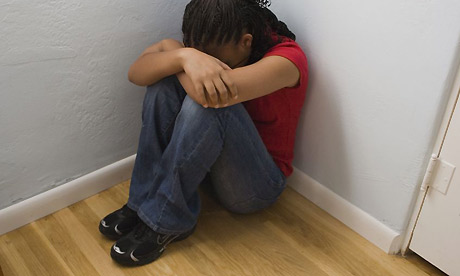 As much as I enjoy reading retrospectives of a year gone by, I'm not much for writing them myself. I prefer to think ahead to the upcoming year when I can write some resolutions, map out some ideas, and keep striving for that "someday," even if my idea of "someday" changes.
As much as I enjoy reading retrospectives of a year gone by, I'm not much for writing them myself. I prefer to think ahead to the upcoming year when I can write some resolutions, map out some ideas, and keep striving for that "someday," even if my idea of "someday" changes.I also like resolutions because I like lists. Oh the joys of lists! I have somewhere to keep track of things and can keep a visual track of my progress. In honor of my love for list-making, here's my list of resolutions for 2010.
- Write more/become a better writer.
Each year I like to focus on a particular hobby. In 2009, I wanted to spend more time scrapbooking; the result was a beautiful gift for my brother and new sister-in-law that captured every moment of their new marriage from proposal through honeymoon. For 2010 I vow to work on my writing. Practice makes perfect and though I love writing, I don't do it enough. This year's goal? Post to IT&O at least once a week. I can do it! Give me some topic ideas in the comments...
I'd also like to take up journaling again. I like having a written record of my life to look back on and I like writing things down, but I just don't do it. I'd like to make journal writing a regular habit this year. - Pay attention to the positive.
For the past few year's I've kept a Good Thing of the Day book. Everyday I take a minute to jot down something that was good about the day. Some days it's amazing: "Chris and Jenni get married!" "Saw the opening night performance of Mamma Mia and met two cast members outside the theatre!" Some days more mundane: "Turkey club from Doyle's for lunch." "Hung out with Penelope." And some days a real stretch: "Went to bed early," "Didn't have to work late." The point, is to pay attention to the little things that make life worth living. It's important to me to remember why I love dogs wearing argyle sweaters or how much I enjoy seeing the Boston skyline as I drive into work each day. Those little things remind me not to dwell on the gloomy things in life. - Get healthier.
I always resolve to get healthier and this year is no different. It's an ongoing battle and one that everyone can relate to; I know it's on millions of people's lists of resolutions! Getting healthier doesn't have to be just about losing weight though. It can be about learning to like new foods (in 2009 I got over my dislike of bananas!), drinking more water, going to bed early, walking around the block every day... I hope to continue making little steps that will improve my well-being and not worry about the slip-ups like downing some soda or skipping the gym now and again. - Do things for me.
I want to travel this year, take some classes, learn new things, taste great foods, sing at the top of my lungs. I resolve to remember that life is short and that the list of things to do "someday" ought to start today.





























